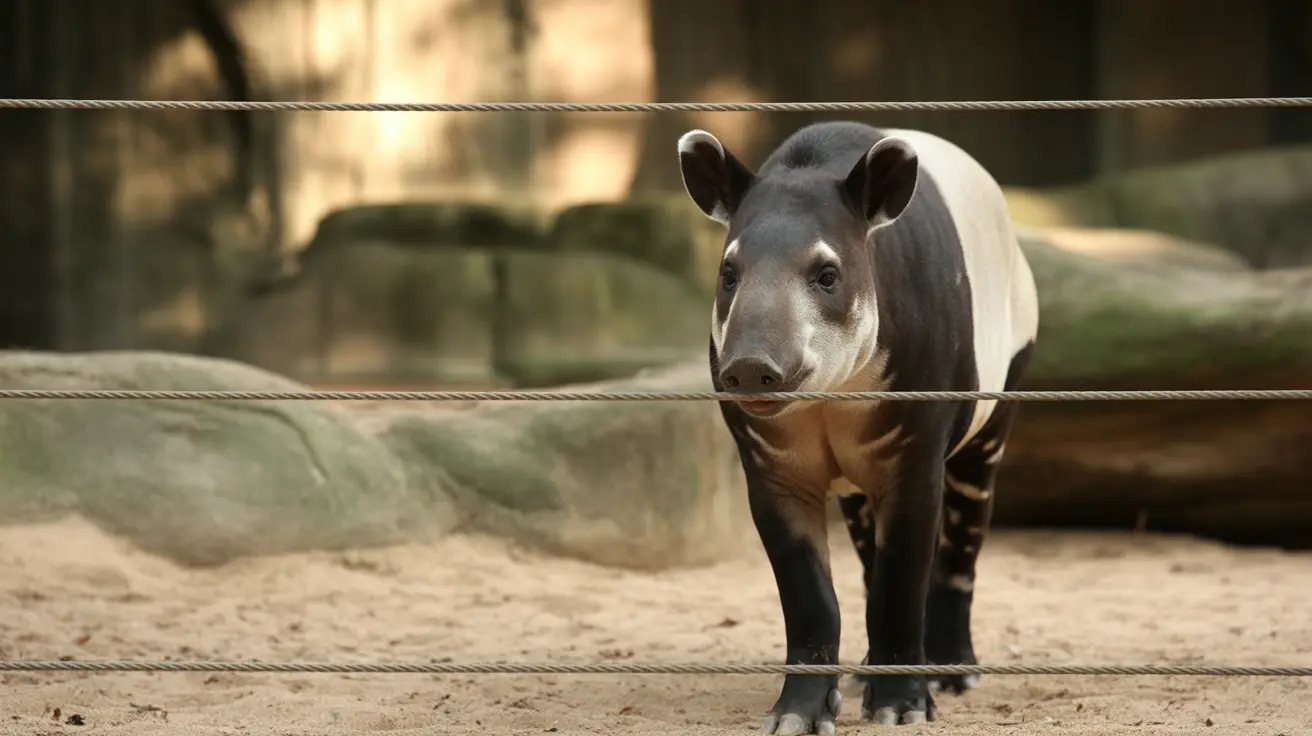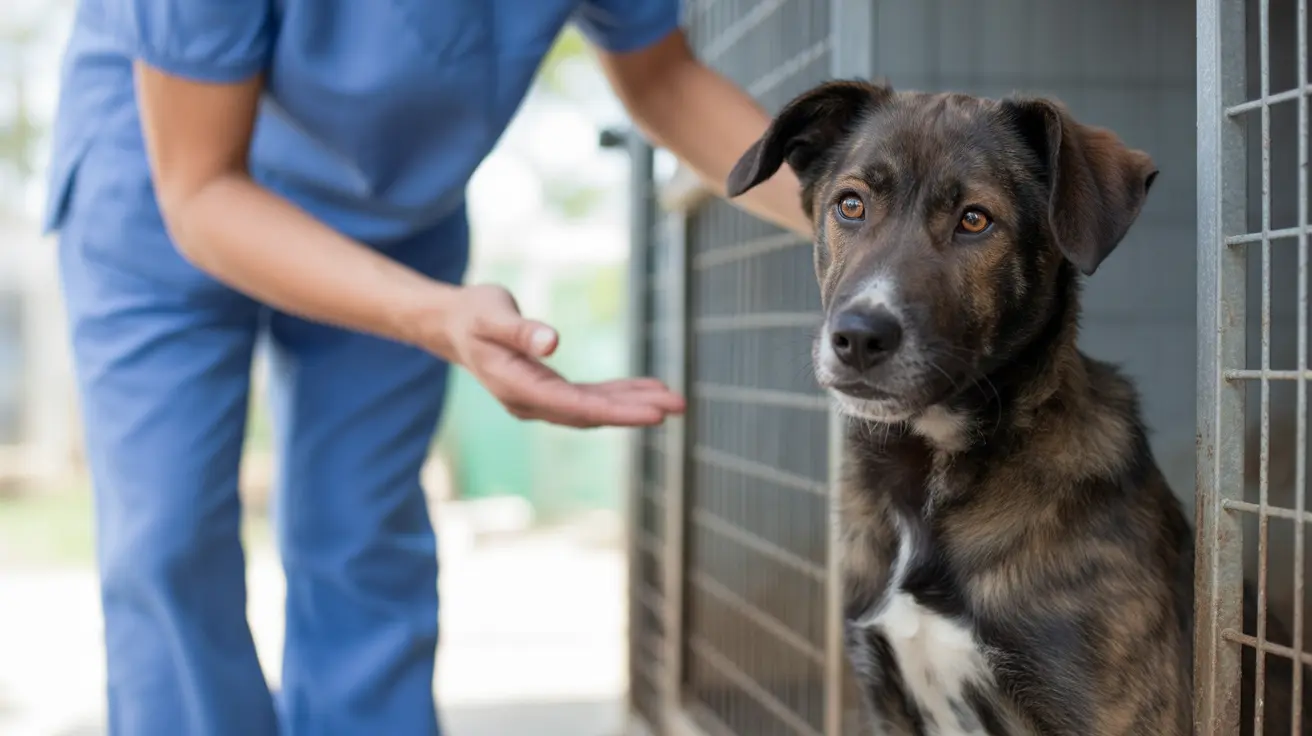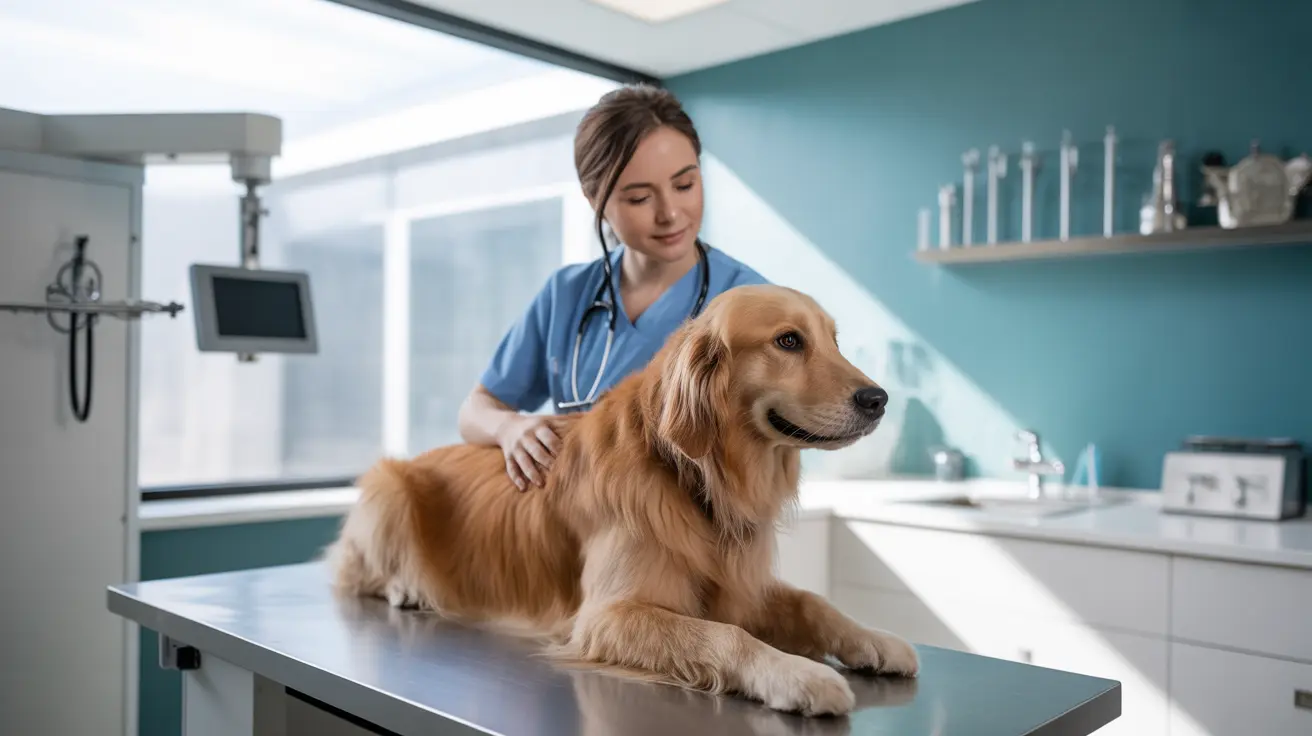Can Dogs Eat Macaroni and Cheese?
If you've ever caught your dog eyeing your plate of macaroni and cheese, you might wonder if sharing a bite is safe. While dogs can technically eat small amounts of macaroni and cheese, it's not a good idea to make it a regular treat. Let's break down why this classic comfort food isn't ideal for your canine companion.
What's in Macaroni and Cheese?
Macaroni and cheese is usually made with pasta, cheese, milk, butter, and sometimes additional seasonings or additives. Each of these ingredients brings its own risks for dogs:
- Pasta: Contains gluten, which some dogs can't digest well.
- Cheese: High in fat and salt; many dogs are lactose intolerant.
- Milk/Butter: Dairy products can cause stomach upset.
- Additives/Preservatives: Boxed versions may include artificial ingredients unsafe for dogs.
Potential Health Risks
The main problems with feeding macaroni and cheese to dogs come from its high fat, sodium, and dairy content. These can lead to:
- Digestive issues like vomiting, diarrhea, gas, or stomach pain
- Weight gain or obesity
- Aggravation of conditions such as diabetes or pancreatitis (a serious inflammation of the pancreas)
If your dog is already overweight or has any underlying health issues—especially diabetes, pancreatitis, or food allergies—it's best to avoid giving them any macaroni and cheese at all.
Toxic Ingredients to Watch Out For
Some recipes include onions or garlic, which are toxic to dogs even in small amounts. If your dog eats macaroni and cheese containing these ingredients (or you suspect they have), contact your veterinarian right away—especially if you have a small dog or if a large quantity was consumed.
Lactose Intolerance & Gluten Sensitivity
Certain breeds—and individual dogs—are more prone to lactose intolerance or gluten sensitivity. Symptoms may include:
- Loose stools or diarrhea
- Bloating and gas
- Vomiting
- Irritated skin or rashes
If you notice any of these after your dog eats dairy or pasta-based foods, it's best to avoid them entirely in the future.
What If My Dog Eats Macaroni and Cheese by Accident?
An accidental nibble probably won't cause lasting harm for most healthy dogs. You might see mild digestive upset—like loose stool or brief stomach discomfort—but watch for severe symptoms:
- Repeated vomiting
- Prolonged diarrhea (lasting more than a day)
- Lethargy or unusual restlessness
- Painful abdomen (whining when touched)
If any of these occur after eating macaroni and cheese (especially if onions/garlic were involved), call your vet promptly.
A Note on Cheese as a Treat
Certain plain cheeses (like cheddar or cottage cheese) can be used as an occasional treat for most dogs who tolerate dairy. However, keep portions tiny—cheese is high in fat and salt. Avoid blue cheeses and processed spreads altogether; they're riskier for pets.
Healthier Alternatives for Treats
- Tiny pieces of carrots, broccoli, pumpkin
- Slices of apple (without seeds)
- Bite-sized watermelon chunks (no rind/seeds)
Always skip seasonings, sauces, added salt/sugar, onion, garlic, or artificial flavoring when preparing treats for your pup.
The Best Diet for Dogs
Your dog's main nutrition should come from balanced commercial dog food designed specifically for their needs. Occasional treats are fine—but stick with those formulated for dogs whenever possible. If you're ever unsure about introducing new foods—or if your pet has existing health concerns—consult your veterinarian first.
Main Takeaways
- A tiny taste of macaroni and cheese isn't toxic but could cause stomach upset.
- Avoid recipes containing onion/garlic; they're dangerous for dogs.
- Dairy/grain sensitivities are common—watch out for signs like vomiting or diarrhea.
If you're looking to spoil your furry friend safely, choose wholesome fruits or veggies instead—and always keep an eye out for adverse reactions after any new food adventure.





